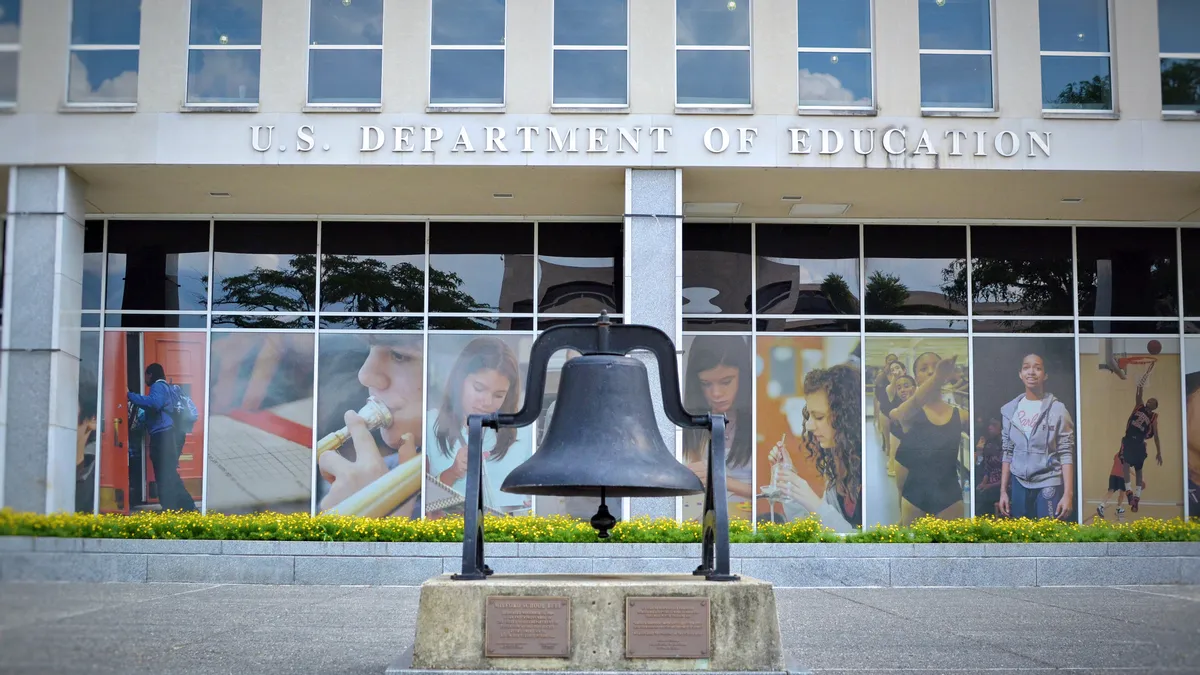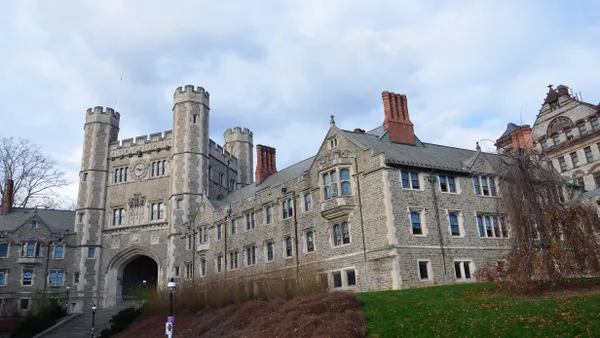Dive Brief:
-
Several dozen higher education groups want the U.S. Department of Education to clarify that colleges can give coronavirus relief money to international and unauthorized immigrant students, who the Trump administration attempted to exclude from the initial round of aid.
-
American Council on Education President Ted Mitchell outlined their concerns in a letter to acting Education Secretary Phil Rosenfelt dated Thursday.
-
The Trump administration restricted emergency grants from the first major coronavirus relief legislation to students who were eligible for federal financial aid, spurring intense backlash and leading to several lawsuits against the department.
Dive Insight:
The $6 billion in emergency student grants funded by the Coronavirus Aid, Relief and Economic Security, or CARES, Act, was the subject of high-profile legal drama.
Nearly two weeks after former Education Secretary Betsy DeVos released the money to colleges in early April, the department released guidance specifying that colleges could only provide grants to students who qualified for federal financial aid, boxing out international and unauthorized populations.
The department later walked its guidance back, noting that the missive didn't have the power of law. It instead went on to publish an emergency rule containing the same limit.
Several lawsuits challenged this restriction, and it was overturned for California community colleges and Massachusetts schools.
In the final days of the Trump administration, the Ed Department issued a notice that the limitations in the emergency rule didn't apply to the coronavirus relief package passed in December, apparently allowing colleges to distribute the funds to any student.
But the higher ed organizations believe there's still "some uncertainty," Mitchell wrote. The groups are requesting the Ed Department publish guidance as soon as possible spelling out that all students at eligible colleges can receive the new grants. The latest relief package provides around $23 billion for colleges.
Mitchell also urged the department to ensure that receiving a grant won't count against students becoming a public charge, which could hurt their chances for visa or authorization applications.














